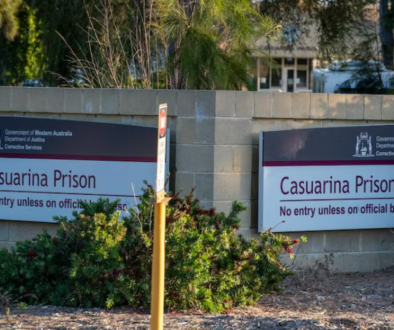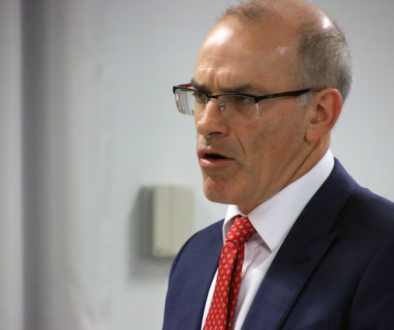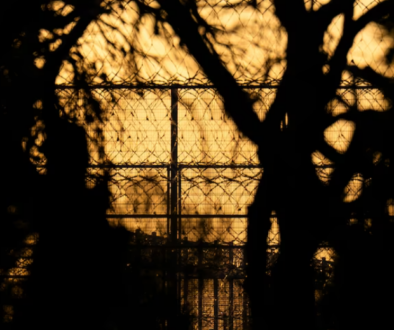Mother of Cleveland Dodd wept after hearing her son’s death in custody could have been averted
WARNING: This story discusses incidents of self-harm and contains the name and image of an Indigenous person who has died.
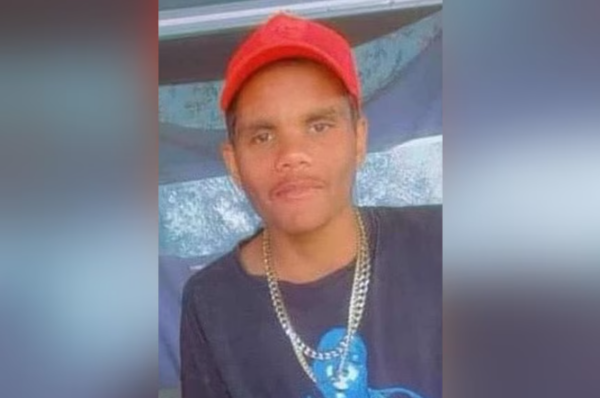
The former superintendent of the juvenile detention centre in which Cleveland Dodd took his own life has acknowledged he provided false information during a Corruption and Crime Commission (CCC) investigation subsequent to the incident.
Cleveland passed away at the age of 16, one week after being discovered unresponsive in Unit 18, a youth section within a maximum-security adult prison, in October last year.
His death marked the first documented death in youth detention in Western Australia and prompted an investigation by the CCC.
Prior to his suicide attempt, Cleveland had obscured the CCTV camera in his cell with tissue paper, which hindered staff from observing him for nearly 11 hours.
The former superintendent of Unit 18, Doug Coyne, informed the CCC he was “not aware of the prevalence of the practice” (of covering cameras) prior to Cleveland’s death. He further stated that the matter “never got raised” as a concern.
However, during his testimony at the coronial inquest regarding the teenager’s death on Tuesday, Mr Coyne acknowledged this assertion was inaccurate.
Mr Coyne, currently serving as the assistant deputy commissioner for youth affairs, commenced his testimony at the inquest on Friday. On that day, he said he became aware of the issue regarding camera coverings in May 2023, several months prior to Cleveland’s attempted suicide.
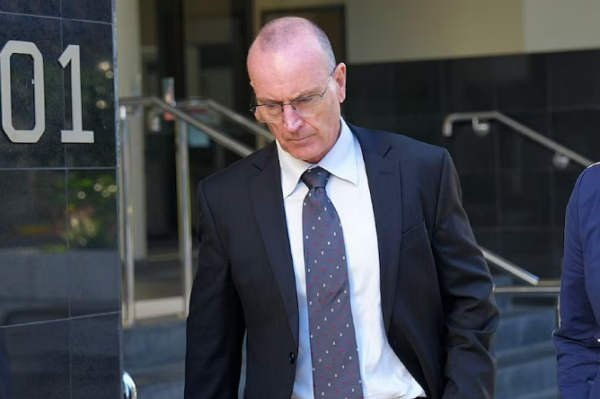
He informed the inquest he had engaged in discussions about this matter with staff but did not remember it being presented as a “major” concern.
During cross-examination by State Solicitor David Leigh on Tuesday, Mr Coyne reiterated that staff had not communicated to him that it was a problem.
“That is an extraordinary oversight,” Coroner Urquhart said, the ABC reports.
“I would suggest to you squarely that they did … and it was an ongoing problem. I’m struggling to understand how … [you] would not be aware of this.”
After a tense interrogation by Counsel Assisting the Coroner, Anthony Crocker, Mr Coyne acknowledged that the statement and evidence he submitted to the CCC were inaccurate.
Mr Crocker asked Mr Coyne: “Does that mean what you told to the CCC was not true?”
Mr Coyne replied: “In hindsight, yes.”
When questioned about his decision to endorse an official statement that conveyed misleading impressions, Mr Coyne said “I shouldn’t have signed it”.
“I was under a lot of pressure, under a lot of stress,” he said.
Frontline staff at Unit 18 informed the CCC inquiry and the first part of the coronial inquest that numerous detainees frequently covered their cell cameras, making it difficult to observe them, despite the continuous monitoring due to their propensity for self-harm.
On Tuesday, Mr Crocker suggested to Mr Coyne that when he provided testimony at the CCC, he was unaware of the evidence presented by other staff members and youth custodial officers.
“But when you heard them give evidence [at the first part of the coronial inquest] you realised the story you told the CCC would not withstand the scrutiny in the inquest?” Said Mr Crocker.
“Yes,” said Mr Coyne.
Mr Crocker continued, telling Mr Coyne: “You knew it would be an impossible sell to maintain that story?”
“Yes,” said Mr Coyne.
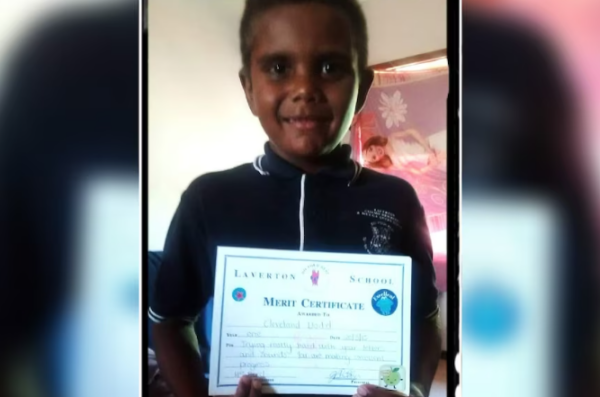
It was only after the tragedy that Mr Coyne issued a written directive to staff to stop detainees from covering their cell cameras.
The former superintendent said he regretted not doing it earlier.
“It still occasionally happens but generally [the directive] has been successful,” said Mr Coyne.
The ABC reports that Cleveland’s grieving mother Nadene Dodd exited the courtroom in tears after Mr Coyne acknowledged that her son’s death might have been prevented had his cell camera not been obscured.
The inquest revealed that Unit 18 continued to house detainees at the greatest risk of self-harm for several months following Cleveland’s death.
Contact us
Please provide a brief description of your claim.

